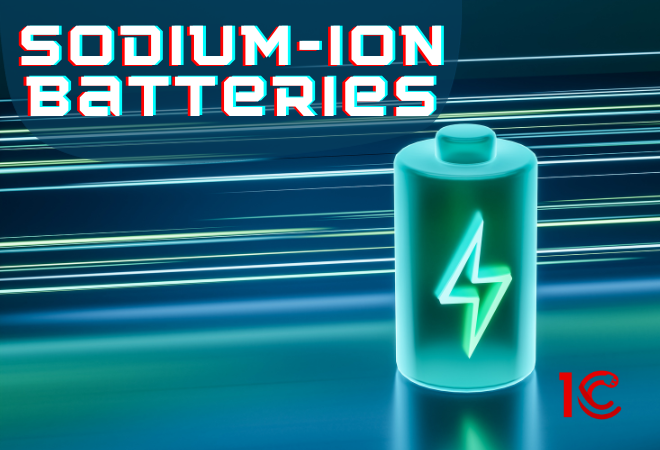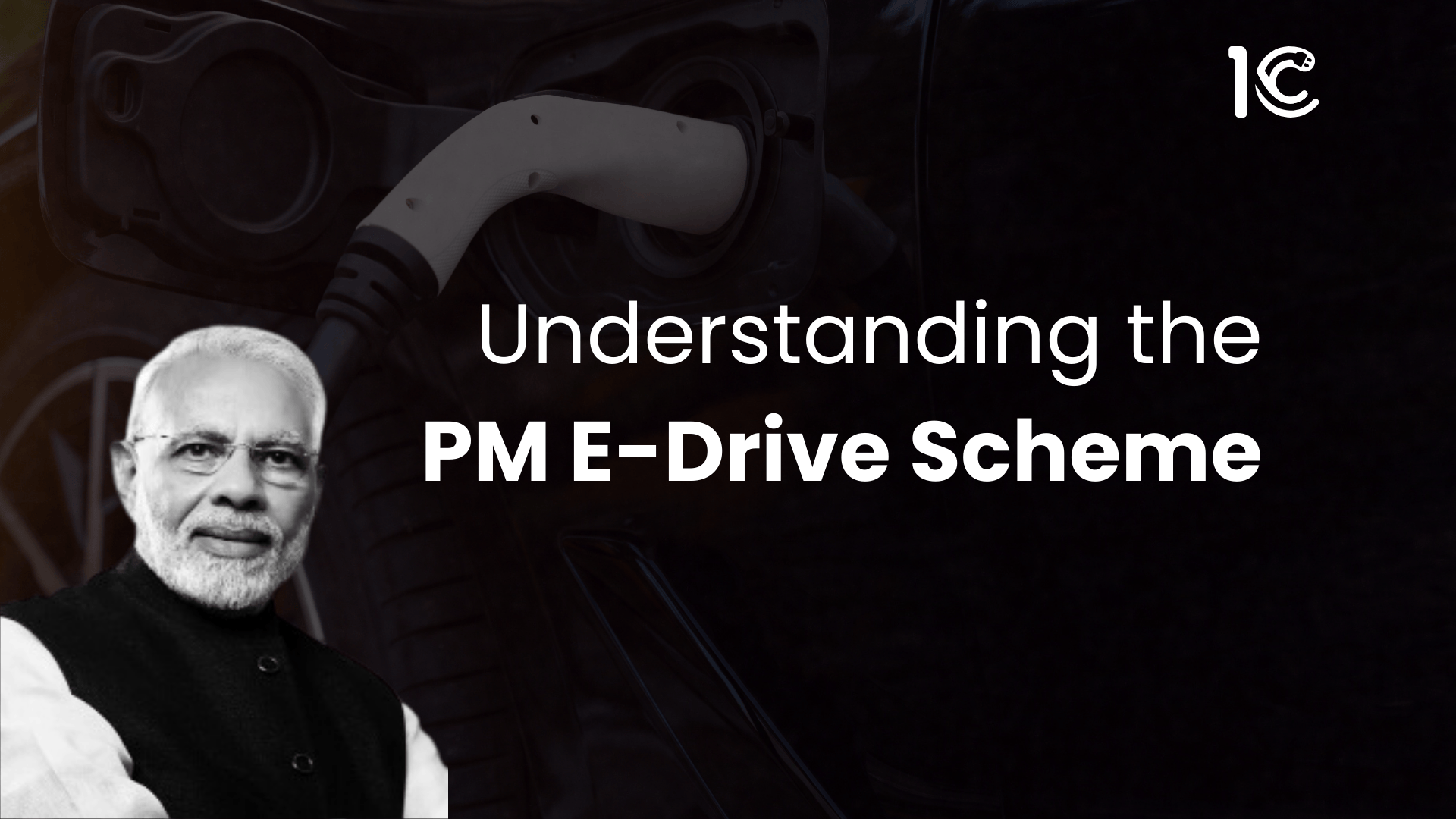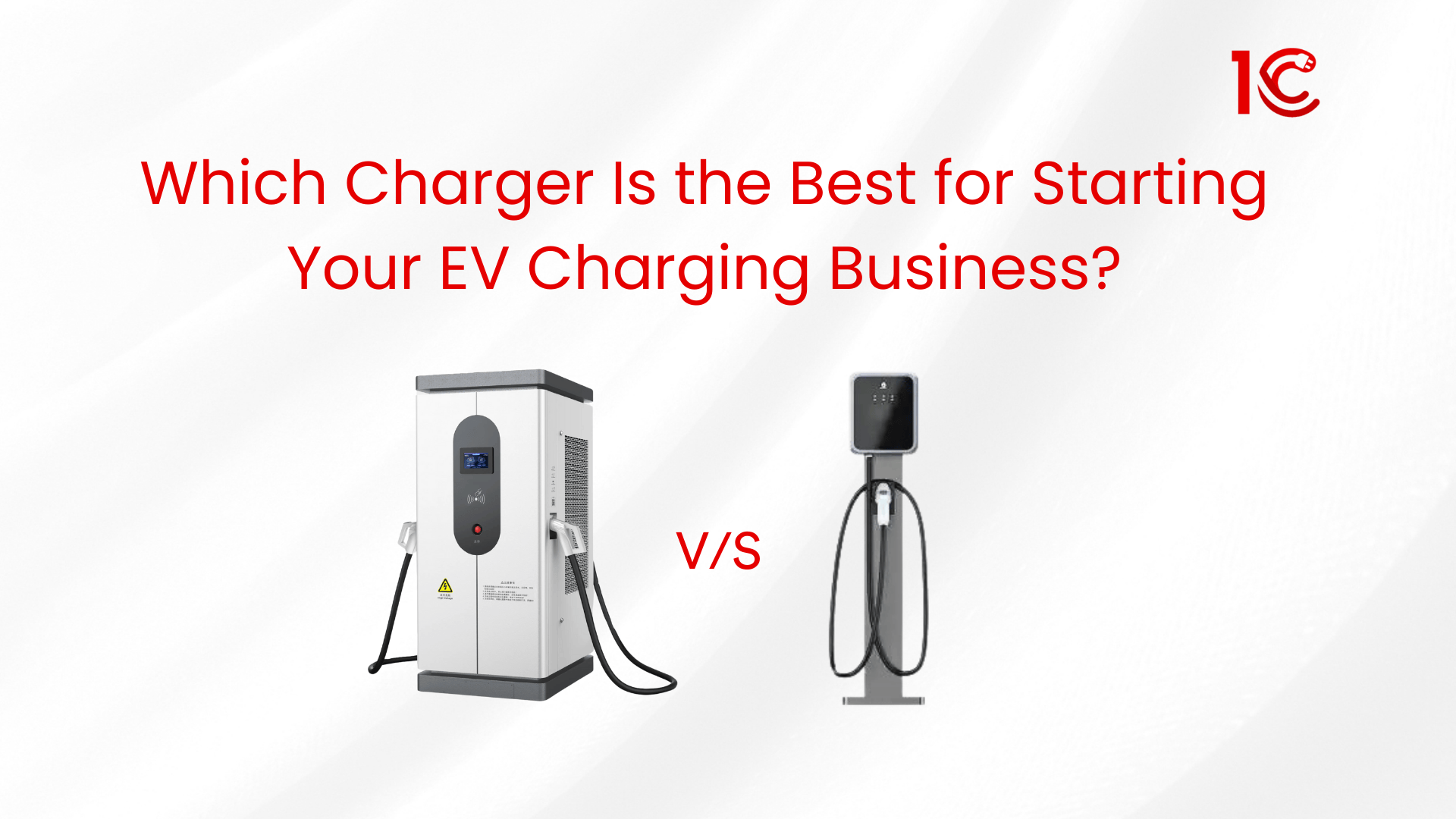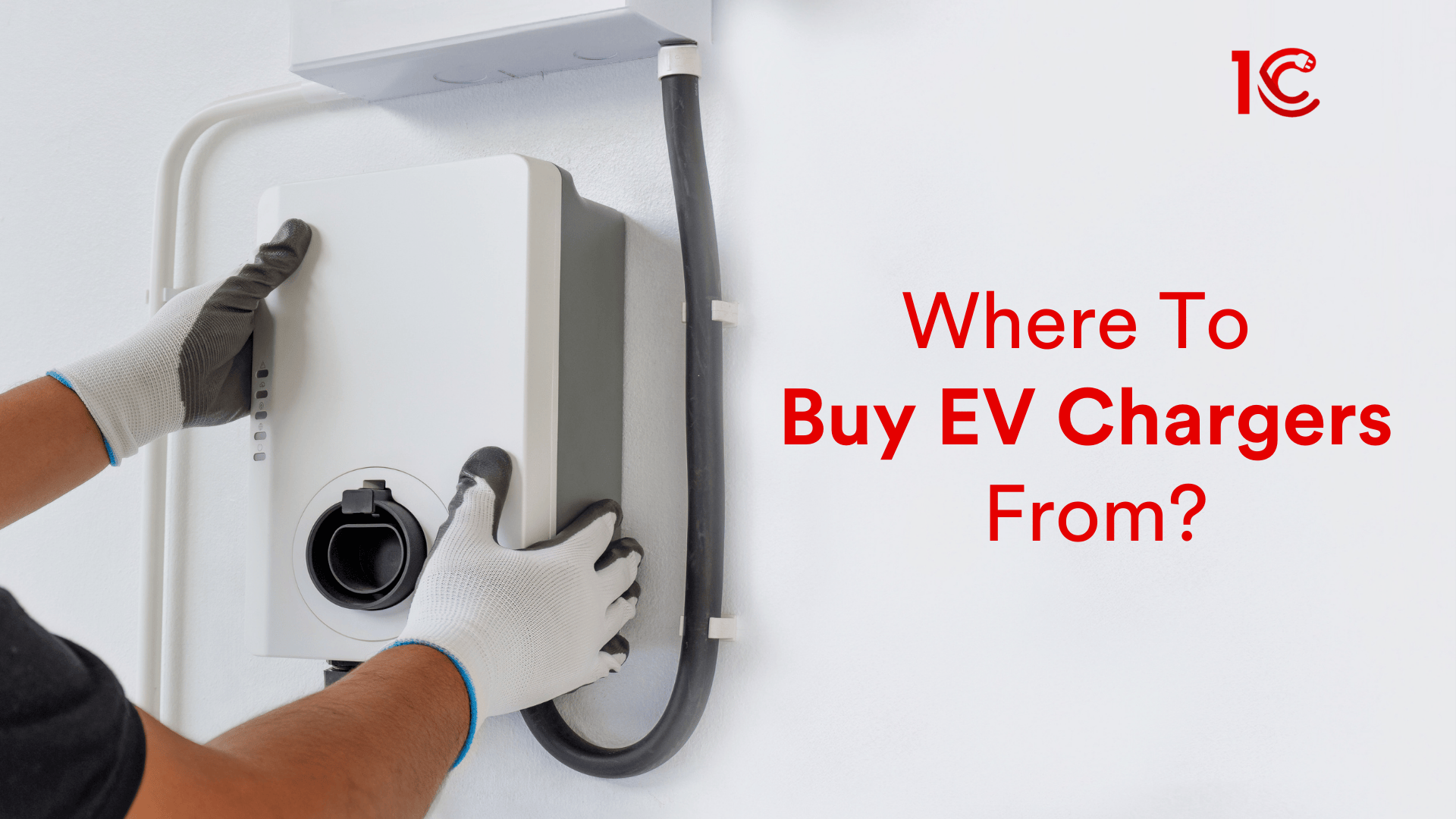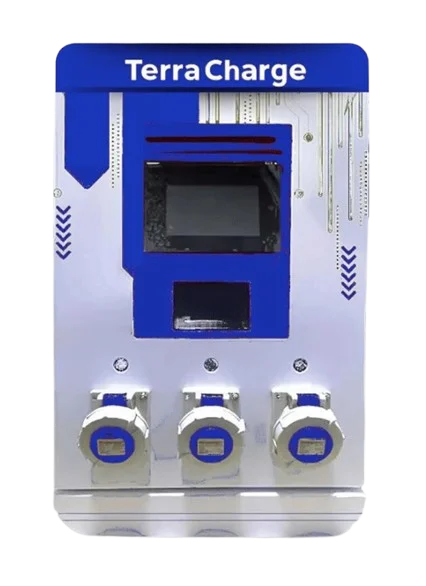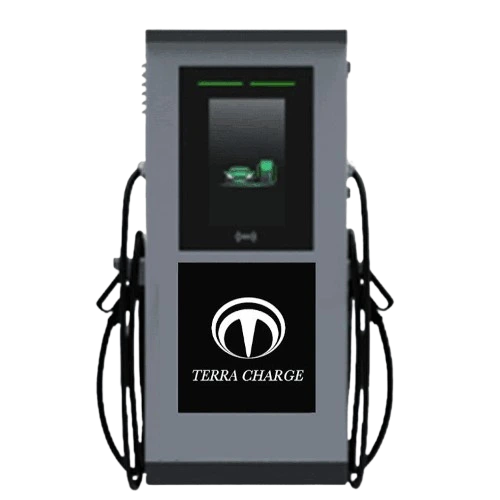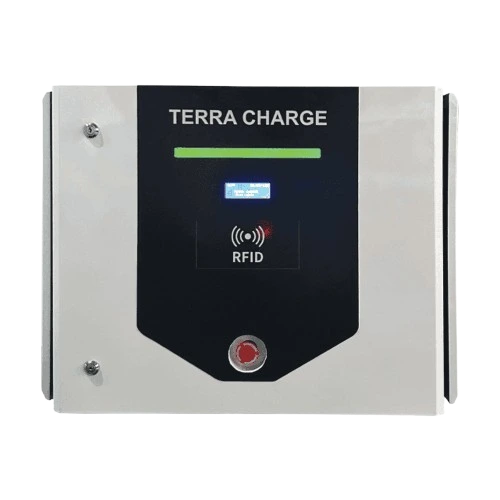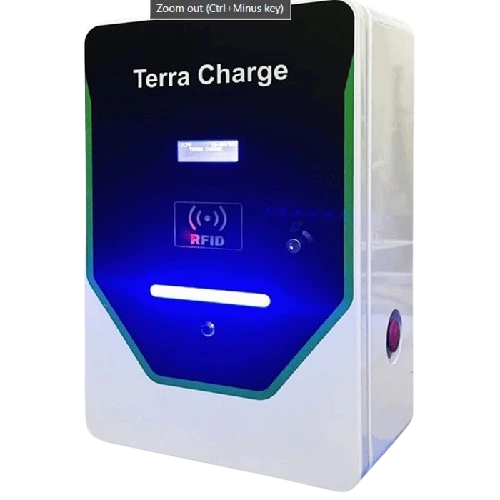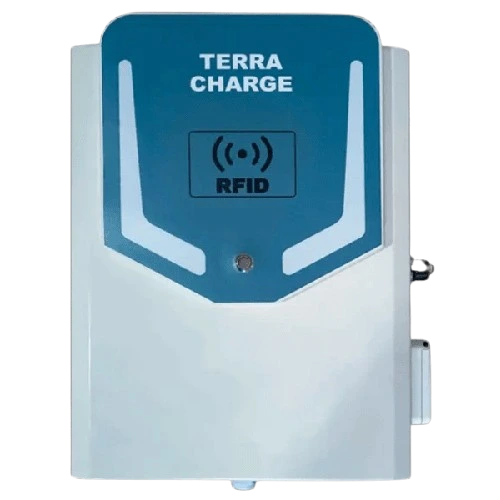Sodium-Ion Batteries by KPIT | Affordable, Fast, and Safe
After eight years of development, Pune-based KPIT Technologies has introduced a sodium ion battery, aiming to challenge the prevalent Lithium-ion technology. This sodium-ion solution, potentially 30% cheaper than Lithium-ion batteries, offers faster charging (almost 100% in 20 minutes) and a longer lifespan. KPIT, having tested the technology internally, plans customer trials in the next 6-12 months before commercial production. With discussions underway with auto industry players, including BMW and Honda, KPIT anticipates licensing the technology in 12-18 months, potentially reshaping the EV battery landscape. The move aligns with global trends, where companies like CATL and BYD invest in sodium-ion technology.
Benefits of Using Ion-Based Batteries in Electric Vehicles
Using ion-based batteries in electric vehicles (EVs) comes with several advantages:
- Cost Savings: Ion-based batteries, such as sodium-ion, can be up to 30% cheaper than traditional lithium-ion batteries, potentially reducing the overall cost of EVs.
- Faster Charging: Ion-based batteries, like sodium-ion, enable faster charging, reaching almost 100% capacity in just 20 minutes. This quick charging feature enhances convenience for EV users.
- Longer Battery Life: The ion-based chemistry, especially sodium-ion, offers a longer battery lifespan. This means EVs can maintain performance over an extended period, contributing to increased durability and reliability.
- Reduced Fire Hazards: Sodium-ion batteries in EVs have fewer chances of fire hazards during transportation. Unlike lithium-ion batteries, they lack over-discharge characteristics, allowing them to discharge to zero volts without risking damage.
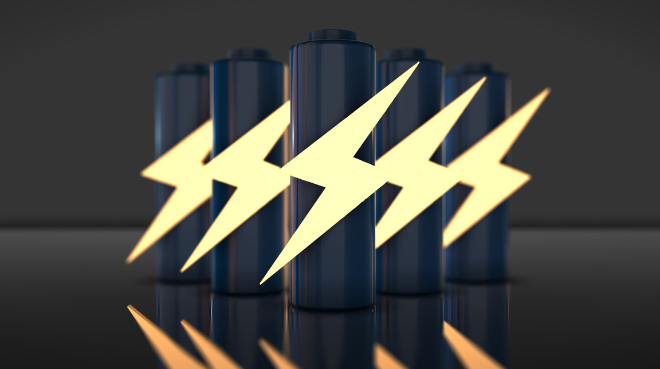
- Enhanced Safety: The use of ion-based batteries may improve safety in EVs. For example, sodium ion batteries can discharge without degradation, minimising risks associated with complete discharge.
- Global Environmental Impact: As ion-based technologies, including sodium-ion, gain prominence, there is potential for a positive environmental impact. Reduced reliance on lithium and lead-acid batteries contributes to sustainability and addresses concerns related to the scarcity of lithium.
- Viability for Renewable Energy Storage: Ion-based batteries, such as sodium-ion, could be crucial in storing excess wind and solar power. This aligns with global efforts to adopt clean energy sources and addresses intermittency challenges in renewable energy generation.
- Market Competitiveness: Companies adopting ion-based battery technologies, like KPIT Technologies, may gain a competitive edge in the EV market. This positions them as leaders in providing innovative and cost-effective solutions, attracting interest from manufacturers and potential licensing opportunities.
Impact of Ion-Based Battery Technology on Market and Revenue Generation
The introduction of ion-based battery technology, like sodium-ion, could significantly impact the market and revenue generation in the electric vehicle (EV) industry.
Cost Savings and Market Competitiveness:
- Ion-based batteries, particularly sodium-ion, are up to 30% cheaper than traditional lithium-ion batteries and may make EVs more affordable.
- This cost advantage could attract more customers, potentially increasing the market share for vehicles equipped with ion-based batteries.
Increased Adoption and Revenue Generation:
- As ion-based technologies prove effective, companies like KPIT Technologies stand to generate revenue from licensing their matured sodium-ion battery solution.
- The anticipated licensing within the next 12-18 months could open up opportunities for revenue growth, positioning KPIT as a leader in the market.
Collaboration with Industry Players:
- KPIT Technologies’ engagement with global original equipment manufacturers (OEMs) such as BMW, Honda, and Renault suggests potential collaborations and partnerships.
- Such collaborations could increase market reach and revenue streams as ion-based battery technology gains traction.
Global Impact and Competitiveness:
- With KPIT Technologies claiming to be among the first in India and globally with matured sodium-ion technology, there is the potential for a global impact.
- This could enhance the competitiveness of ion-based batteries in the global EV market, leading to increased market demand.
Environmental Considerations and Market Positioning:
- The environmentally friendly aspects of ion-based batteries, addressing concerns about lithium scarcity, may contribute to market positioning.
- Companies adopting these technologies could be viewed favourably by environmentally conscious consumers, potentially influencing purchasing decisions and market share.
Participation in Renewable Energy Storage:
- Ion-based batteries, with their potential to store excess wind and solar power, align with global efforts for clean energy.
- Participating in initiatives like the viability gap funding scheme could open up new market segments and revenue streams for ion-based battery technologies.
Safety and Environmental Benefits of Ion-based Battery

The use of sodium ion batteries in electric vehicles has positive impacts on the environment and safety.
Environmental Benefits:
Sodium-ion batteries help address concerns about the scarcity of lithium. By using sodium, a more abundant element, these batteries contribute to sustainability and reduce reliance on scarce resources.
Safety Advantages:
Sodium-ion batteries have fewer chances of causing fires during transportation. This is because they lack over-discharge characteristics, making them safer when discharging to zero volts. In contrast, complete discharge in lithium-ion batteries can degrade them and pose safety risks.
Global Sustainability:
As sodium-ion battery technology gains traction, it aligns with global efforts to adopt cleaner and more sustainable energy solutions. This supports environmental goals and reduces the environmental impact associated with traditional battery technologies.
Reduced Environmental Risks:
The use of sodium-ion batteries in electric vehicles contributes to minimising environmental risks. This is especially true when compared to traditional lithium-ion batteries, as sodium-ion batteries offer advantages in terms of safety and reduced environmental hazards.
Alignment with Renewable Energy Objectives:
Sodium-ion batteries can play a role in storing excess wind and solar power. This aligns with the broader objectives of incorporating renewable energy sources into the energy mix, contributing to a more sustainable and environmentally friendly future.
Sodium Ion Battery Vs Lithium Ion Battery

Features | Sodium-Ion Batteries | Lithium-Ion Batteries |
Cost | Up to 30% cheaper | Standard pricing |
Charging Speed | Almost 100% in 20 minutes | Standard charging times |
Lifespan | Longer lifespan | Standard lifespan |
Safety | Fewer fire hazards | Standard safety considerations |
Environmental Impact | Reduced reliance on scarce resources | Standard environmental impact |
Viability for Renewable Energy Storage | Suitable for storing excess wind and solar power | Standard usage in renewable energy storage |
Market Competitiveness | Potential competitive edge | Commonly used in the market |
Global Adoption Potential | Gaining prominence globally | Established global usage |
Conclusion
KPIT Technologies’ unveiling of sodium-ion battery technology signals a noteworthy shift in challenging Lithium-ion dominance in the electric vehicle (EV) sector. Sodium-ion batteries offer a compelling alternative, boasting potential cost savings of up to 30%, rapid charging, and extended lifespan. Beyond affordability, their enhanced safety reduced environmental impact, and alignment with global sustainability goals underscore a transformative potential. As a Sodium ion battery company, KPIT engages in customer trials and discussions with industry giants, the pathway to widespread adoption and market competitiveness emerges. The imminent licensing within 12-18 months positions KPIT as a frontrunner, poised to contribute significantly to the evolving landscape of ion-based battery technology. These advancements are crucial in steering the EV industry towards a more sustainable and competitive future.
FAQs
Sodium Ion Battery Manufacturers in India.
Several companies in India manufacture sodium-ion batteries. Leading manufacturers include
- Faradion Limited (Bought by Reliance Industries)
- AGM Batteries Ltd
- NGK Insulators Ltd
- HiNa Battery Technology Co. Ltd
- TIAMAT Energy
- Natron Energy Inc.
- Altris
What is the material used in Sodium Ion Batteries?
- Cathode: Can use various materials such as sodium metal oxides.
- Anode: Often made of materials like hard carbon or sodium titanate.
- Electrolyte: Usually a sodium salt dissolved in a suitable solvent.
Are sodium-ion batteries safer than traditional lithium-ion batteries?
Sodium-ion batteries have demonstrated fewer chances of causing fires during transportation compared to lithium-ion batteries. They lack over-discharge characteristics, making them safer when discharging to zero volts. This characteristic contributes to a safer usage profile.
How do ion-based batteries, like sodium-ion, impact the cost of electric vehicles (EVs)?
Ion-based batteries, particularly sodium-ion, can be up to 30% cheaper than traditional lithium-ion batteries. This potential cost advantage has the potential to make EVs more affordable, attracting a broader customer base.
What role can ion-based batteries play in renewable energy storage?
Ion-based batteries, such as sodium-ion, have the potential to play a crucial role in storing excess wind and solar power. This aligns with global efforts to adopt cleaner energy sources and addresses intermittent renewable energy generation challenges. Participation in initiatives like viability gap funding schemes could open up new market segments and revenue streams for ion-based battery technologies.
Related Articles >>>
Understand the evolution of transport from horse carts to electric vehicles and explore how EVs are driving us toward a greener future!
Key considerations for successful EV charging infrastructure planning: site selection, utility integration, installation, and operational efficiency.
An authoritative guide to bust the most common myths about electric vehicles, making it easier to understand the real benefits of EVs.
Understand the powerful synergy between renewable energy and EV charging stations, shaping a cleaner and more sustainable future. Read on to learn more.
Can EVs really save the planet? Learn more about the environmental benefits and challenges of EVs, and how they fit into a larger sustainability strategy.
The PM E-Drive Scheme is a major step for driving the growth of EVs in India. Learn more about how it will impact the EV industry, businesses & consumers.
Looking to start an EV charging business? Learn which charger — AC or DC — is best for your budget, location, and customers. Read more now!
Looking to buy an EV charger but unsure where to start? As the EV market booms, finding the right platform for a reliable, high-quality charger is essential. In this article, we compare three leading options: Amazon, IndiaMART, and 1C.


